
In a case that could have wide-ranging implications for so-called “gray-market” goods, the U.S. Supreme Court has agreed to decide whether manufacturers can use U.S. copyright law to prevent their foreign-made goods from appearing on web sites and store shelves at U.S. discounters such as Costco, Amazon, Target, and others.
The case began in 2004 after Costco sold 43 Omega Seamasters for $1299, then about $700 below Omega’s MSRP. Omega originally sold the watches to authorized agents located outside the U.S. The agents sold the watches to unidentified parties who sold them to a U.S.-based company that sold them to Costco.
Omega sued, claiming that Costco’s actions constituted copyright infringement. Omega claims copyright protection based on the fact that the “Omega Globe Design” logo engraved on the caseback is registered with the copyright office. Copyright law grants owners power to control the “first sale” of a protected work. After the first sale, the new owner is free to re-sell, rent, or give the item away. This “first sale doctrine” protects, for example, public libraries, and it may be used as a defense to a claim of copyright infringement, as Costco argues.
In the lawsuit, the trial judge agreed with Costco, allowing it to use the first sale doctrine as a defense, meaning Omega could not use copyright law to prevent Costco’s sales. The Supreme Court has previously ruled that copyright owners cannot use copyright law to stop the re-importation into the U.S. of goods produced here then shipped overseas for sale (so-called “round-trip” importation). The trial court believed that earlier Supreme Court ruling also applied in Omega v. Costco, though Omega involves goods manufactured outside the U.S.
On appeal, the 9th U.S. Circuit Court of Appeals in San Francisco reversed, finding that the first sale doctrine applies only to goods produced in the U.S. That ruling, if upheld, may allow copyright holders to block unauthorized importation of their goods into the United States. Costco sought review, and the U.S. Supreme Court accepted the case, apparently to settle the question of whether the first sale doctrine is limited to domestically-produced goods.
The so-called “gray market”, also referred to as parallel imports and secondary markets, frustrates brand owners seeking to control distribution and discounting practices. Gray market products are genuine goods sold by U.S. retailers outside official distribution channels. In this market, middlemen and unauthorized retailers exploit global price differences and disregard suggested retail prices. Retailers such as Costco and Amazon, and intermediary sites such as eBay, have faced a series of legal challenges in recent years by brand owners claiming that unauthorized reselling of goods infringes their distribution rights and subjects consumers to various risks from dubiously-sourced goods.
In papers filed with the Supreme Court urging the justices to accept the appeal, Costco argued that there is no basis in law for “the distinction between goods made at home and those made abroad.” Costco also argued that the 9th Circuit decision favoring Omega “gives copyright holders an unfettered right to eliminate these secondary markets.”
Omega responded saying that the ruling by the 9th Circuit Court of Appeals is faithful to copyright law, which is designed to “prevent the importation, without the authority of the U.S. copyright holder, of genuine copies made and sold overseas.”
The case, Costco Wholesale Corp. v. Omega, S.A., 08-1423, will be argued this fall.
You can download the 9th Circuit decision in .pdf format by clicking here.
The Petition for Certiorari to the Supreme Court is located here.

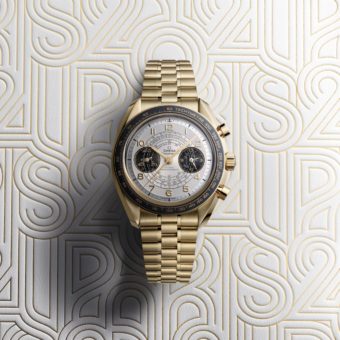
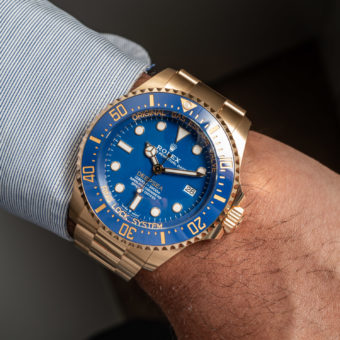
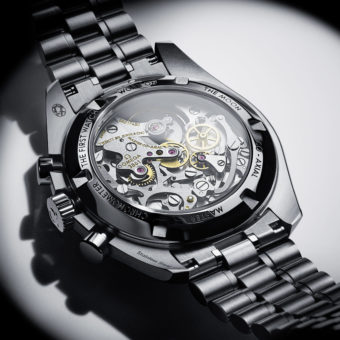

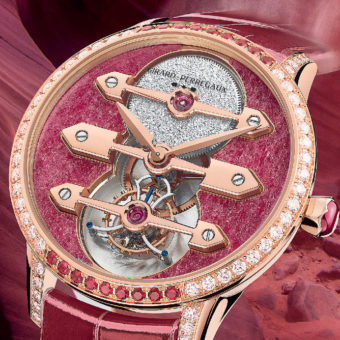
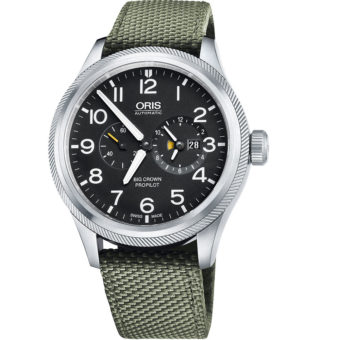
Is there any price for these watches? Obviously this is new to me but where can you purchase one if you decide you like to see the price?